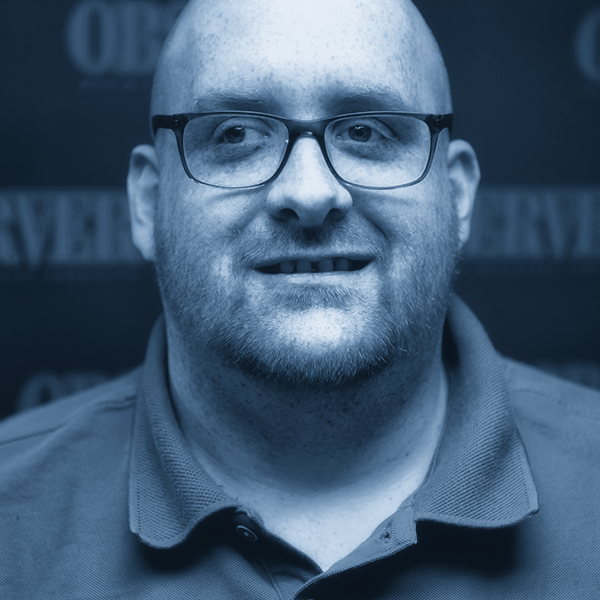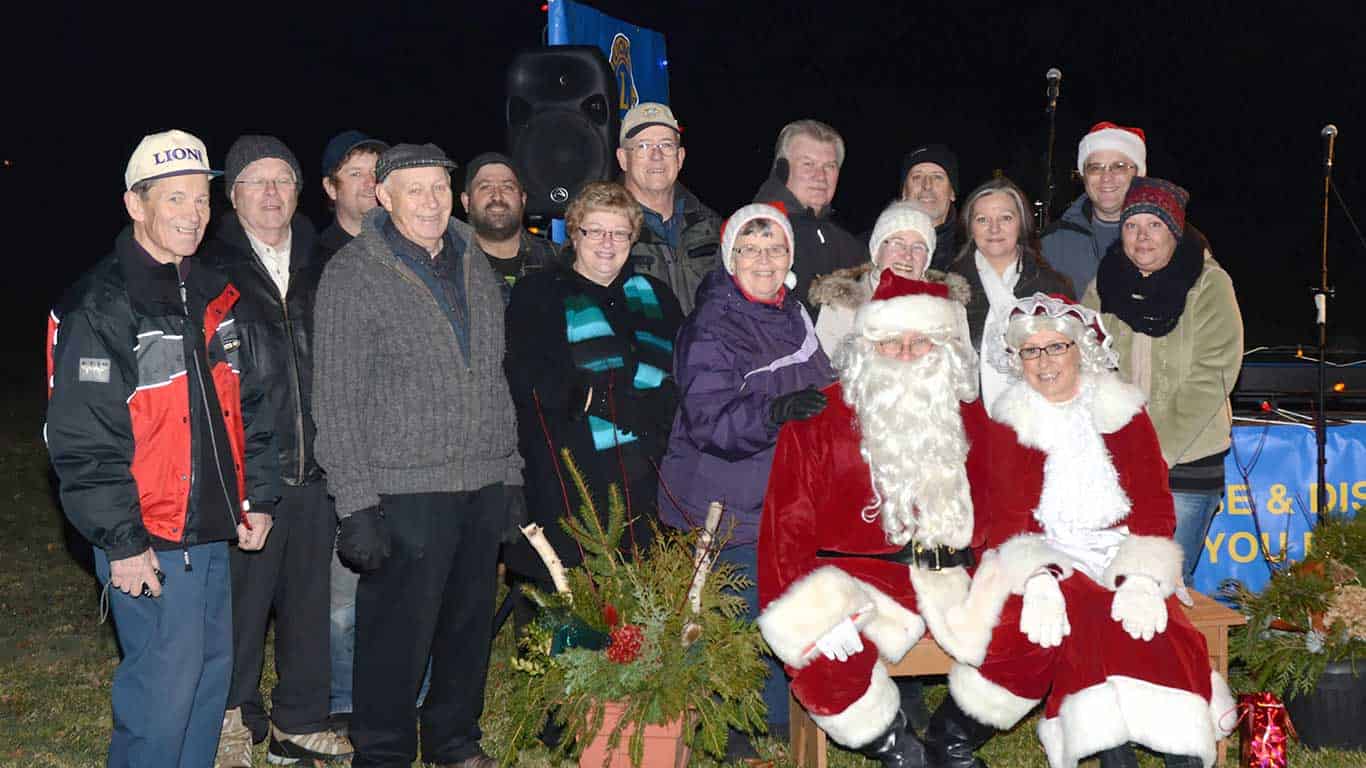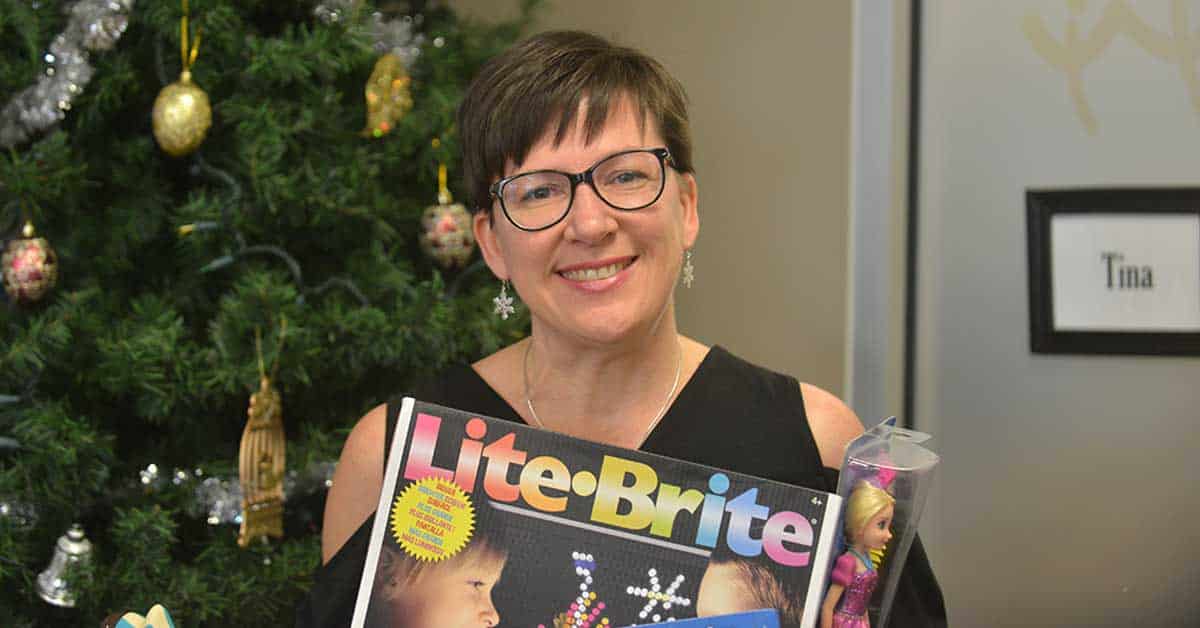Local officials still don’t have a handle on the scope of a municipal review called for in Bill 39, the Better Municipal Governance Act. The province’s intentions remain unknown, with one local expert raising concerns.
“The core part I think that I’m certainly distressed about and that’s the word I would use, is that under this legislation, the head of council….could have a bylaw passed if more than a third of the members vote in favour of it and not instead of the widely understood and never been challenged before idea that any piece of action by a council requires a majority vote,” said University of Waterloo political science professor emeritus Robert Williams.
“It’s distressing that somehow a practice that’s hundreds of years old can just be set aside to meet what are called prescribed provincial priorities,” said Williams.
In September the province passed the Strong Mayors, Building More Homes Act, which gave the mayors of Ottawa and Toronto veto powers to override bylaws that conflict with provincial priorities, including those dealing with housing. Councils can only override the veto if they have a two-thirds majority.
On November 16 the ministry announced that it would look to expand the strong mayors provision in other municipalities, including Waterloo Region. The government will name provincially-appointed facilitators who will assess the regional governments in Durham, Halton, Niagara, Peel, Waterloo and York. If it passes, the legislation would also give the minister of Municipal Affairs the authority to appoint the regional chairs in Niagara, Peel and York.
“[The facilitators] will be tasked with determining the best mix of roles and responsibilities between the upper and lower-tier municipalities in those regions, and ensuring they are equipped to deliver on the government’s commitment to… address the housing supply crisis,” the provincial government said in a release.
While he did express concern over the legislation, Williams does not see changes happening to Waterloo Region anytime soon.
“It’s really more or less looking outward to what might happen in the short-term in Niagara, Peel and York, and what might happen to Waterloo and other places later on,” he said.
As a review of dozens of municipalities already occurred in 2019, Williams said “all we can do is speculate” about why the facilitators will be appointed.
“What’s different in two years time, three years? As far as I know, nothing, except there’s this fixation with more housing. And that somehow the idea is that it’s the municipalities that are getting in the way of that. There’s been no evidence that it’s the municipalities that are blocking it all,” Williams added.
The 2019 review was overseen by advisors Michael Fenn and former Waterloo Region chair Ken Seiling. It examined 82 upper and lower-tier municipalities. However the report done by Seiling and Fen was never released, despite repeated calls, including from Seiling, for the ministry to release it.
“We think it would be helpful to have it released. But that’s the government’s decision to make. I think that a lot of time and effort went into it. I think it was a well researched report and [included] a lot of suggestions and recommendations. However, it’s in the government’s hands and they will have to do with it what they want,” Seiling said in an interview this week.
The study by Seiling and Fenn, who were required to sign non-disclosure agreements, cost a reported $120,000. It remains exempt from public access under cabinet secrecy provisions legislated by the province.
Seiling was undecided if he would join another review if asked again.
“We’ve done it once and told them our opinions and it’s up to them how they want to proceed. So I guess I just would say I don’t know that we will be asked and I would have to consider at the time what the government was looking for,” he said.
Others like Woolwich Mayor Sandy Shantz question if another review is going to be beneficial to the region and township.
“Our politicians have worked collaboratively, and especially through COVID, that has really solidified that working relationship. I think that it’s not perfect, nothing ever is, but I think as a whole we don’t mind reviewing ourselves and looking at how we can do things better. I don’t think that’s an issue. I think the issue is if we’re going to be dictated to,” Shantz said of her concerns about the province’s intentions.
“If it’s truly looking at efficiencies and how we can do things better, I think we’re all for doing things better and more efficiently and more cost effectively. That’s not a problem. I think there’s just a fear of coming in and sort of dictating solutions… or creating solutions to the wrong problem,” she said.
Wellesley Mayor Joe Nowak said that it is too early to make a judgment call on the appointment of facilitator, adding the township has a great relationship with the region. In that, there’s the spectre of amalgamation, which has been discussed on and off for decades now.
“I know that there are obviously some individuals that feel a different setup of a single tier might be more beneficial, but nobody’s ever come up with the metrics that would identify that as a serious option,” he said.
Wellesley has also been given more say in planning, Nowak explained, as the province has moved to reduce the planning oversight at the regional level.
“I know that we still have a good solid working relationship with the region. The rural mayors, for example, are constantly working together to see how we can all benefit each other when it comes to purchasing and that sort of thing.”
Wellesley has not asked for another provincial assessment process, Nowak added.
“I can’t speak for other municipalities, but our municipality hasn’t been looking for another review, that’s for sure.”
The fact that Premier Doug Ford and his government were only recently re-elected might have played a role in the timing of this announcement, Williams added.
“If he wants to come in and do all kinds of changes of all sorts. He’s got a bit of time to ride it out politically. It’s relatively early in the term – he can go around and beat up all kinds of municipalities and not face political pressure,” he said.









